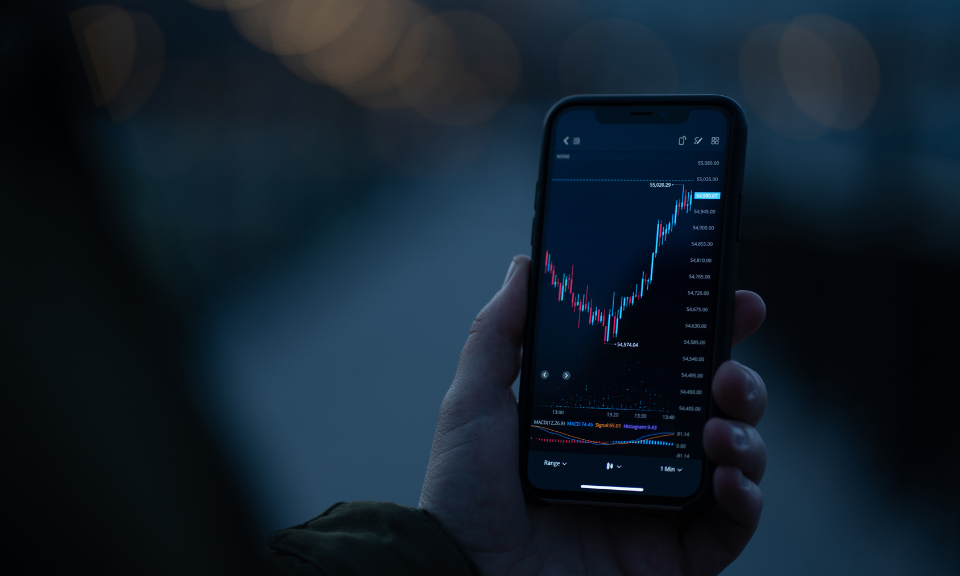
Inspiring Stories of Successful Forex Traders
September 12, 2023
Gold as a Safe Haven Investment Amid Middle East Tensions
November 9, 2023The ongoing conflict between Palestine and Israel has been a source of global concern for decades, and its repercussions extend beyond the political and humanitarian dimensions. In recent years, this volatile situation has also had an influence on the foreign exchange (Forex) market, affecting currency exchange rates, investor sentiment, and market dynamics.
Geopolitical Tensions and Forex
Geopolitical tensions, such as the conflict in the Middle East, can significantly impact the Forex market. The most direct way this occurs is through the perception of risk. When geopolitical conflicts escalate, investors tend to seek safe-haven currencies, such as the US dollar (USD), Swiss franc (CHF), or Japanese yen (JPY). Consequently, these currencies may appreciate as demand for them increases.
The conflict between Palestine and Israel often leads to a rise in geopolitical risk, causing some traders to seek refuge in safe-haven currencies. This can result in increased demand for USD, CHF, and JPY, which can cause their values to rise against other currencies.

Energy Prices and the Petrodollar
The Middle East is a major oil-producing region, and any conflict in the area can affect global energy supplies and, consequently, oil prices. Oil is priced in US dollars, which has earned it the nickname "petrodollar." When oil prices rise due to geopolitical tensions, it can lead to increased demand for the USD.
A spike in oil prices can also have indirect effects on other currencies, as it can impact the economic stability of oil-importing countries. For instance, countries heavily reliant on oil imports may experience trade imbalances and currency depreciation if the cost of their energy imports surges. This can influence Forex markets as well.
Regional Economic Impact
The Palestinian-Israeli conflict also affects the economies of both regions. For Palestinians, it hampers economic development, impacting their ability to trade and invest. This economic instability can lead to devaluation of the Palestinian currency, making imports more expensive. Meanwhile, Israel's economy can experience disruptions due to security concerns and military spending.
The economic conditions in these regions can have an impact on the Forex market as they affect trade balances, investor sentiment, and capital flows.
The conflict in Palestine and Israel is a longstanding and deeply complex issue, with far-reaching implications. While it is one of the many geopolitical factors that can influence the Forex market it is essential to remember that currency exchange rates are determined by a multitude of factors, including interest rates, economic data, and market sentiment.
Investors and traders in the Forex market should monitor global events, such as geopolitical conflicts, as part of their overall risk assessment and trading strategy. However, it's crucial to recognize that while these events can cause short-term fluctuations, long-term currency trends are shaped by a broader economic and financial landscape.
Write us via contact form
Our Customer Service department will assist you




